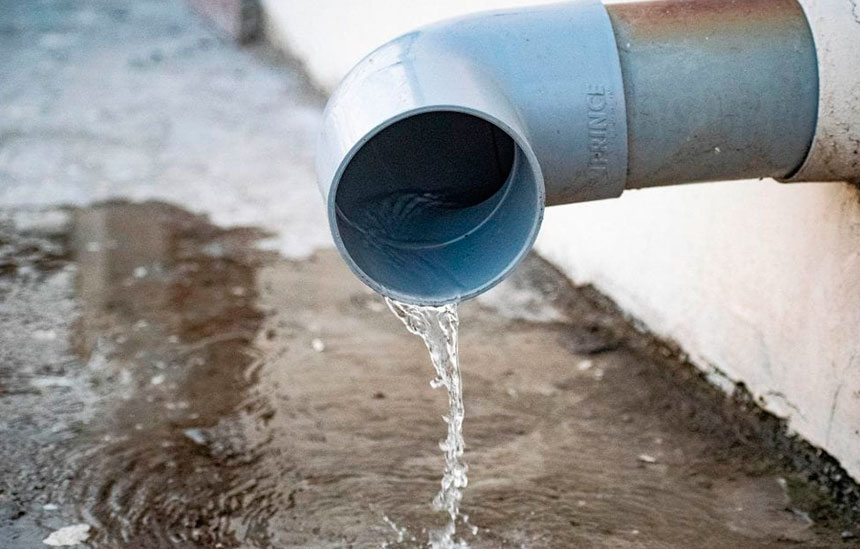By Jon Freedman
Senior Vice President-Global Government Affairs at SUEZ WTS & SUEZ North America
Wharton ’91
Much of the U.S. is experiencing hotter and drier weather as a result of climate change, leading to heightened water scarcity issues. This has placed more urgency on investing in water recycling and reuse projects that will protect water supplies for businesses and citizens in a sustainable manner.
At the same time, it’s vital to address challenges in water reuse and recycling through the lens of economic and climate justice, as water scarcity particularly impacts underserved areas and people of color.
The bipartisan Infrastructure and Jobs Act, enacted by the U.S. Senate in August, put water in the spotlight by injecting billions of dollars for key priorities like drinking water, stormwater, and wastewater system upgrades. This funding will go a long way in removing lead service lines and remediating PFAS in the water we drink. The infrastructure bill also laid the foundation for creating a national Interagency Working Group on Water Reuse, including $1 billion to develop water recycling programs through 2026 for 17 western U.S. states.
The legislation, however, is only a drop in the bucket. To address water impacts related to climate change, a multi-pronged,
That should start with adopting a WateReuse Association recommendation to establish a nationwide resiliency program called the Alternative Water Source Grants Pilot Program, which would expand access to water recycling tools and resources to the rest of the country.
Increased coordination at the federal level must come from the new interagency working group, which should be well-positioned and empowered to reduce silos and leverage federal resources to build engagement among stakeholders. To further encourage this, the working group can recognize innovation with an awards program, and promote education and advocacy to target water reuse and recycling from big industry to the household level to fight climate change. Eliminating barriers to water reuse with public-private partnerships can drive innovation, like piloting a home that is 100% water efficient.
Finally, we know that industrial facilities gobble up nearly half of municipal drinking water supplies and retrofitting existing facilities to use recycled water can be costly. An investment tax credit (ITC) — a dollar-for-dollar reduction in federal income taxes for companies that invest in infrastructure or technology, could provide the seeds needed for the water reuse industry to take root.
To create a modern ITC approach with real impact, Congress should establish a tax credit of up to 30% of a project’s value when purchasing, designing, and installing systems that increase water recycling. A sliding scale would reflect the size and impact of upgrades.
Funding is helpful but cannot do the job alone. We will need government and industry to come together and drive innovation in partnership with a holistic approach that considers all the ways water impacts our daily lives.

